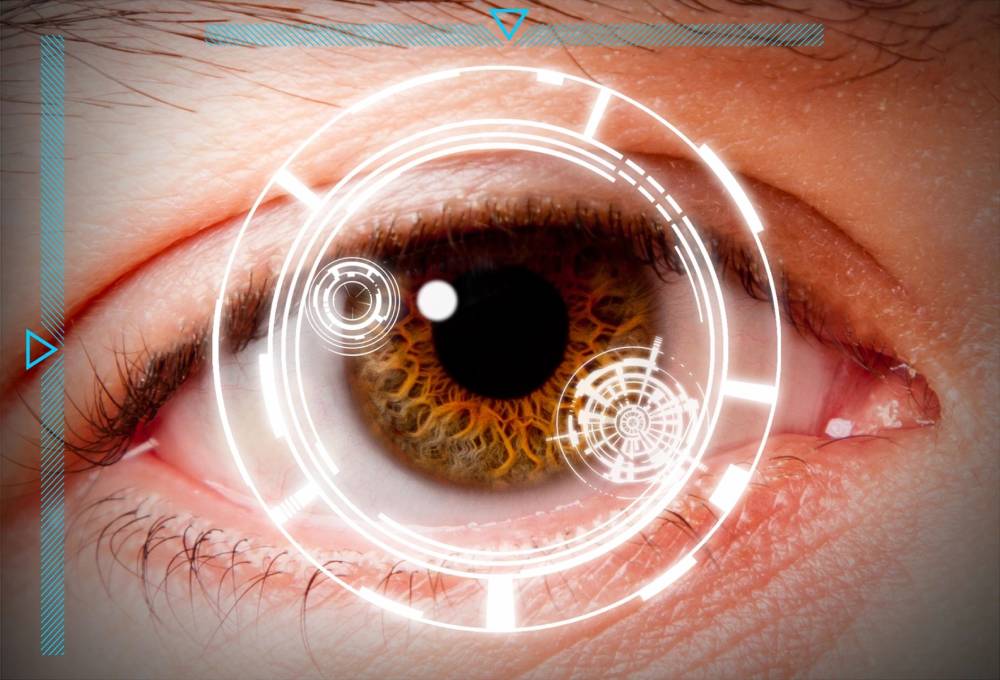
Common Questions
Yes
Over the age of 10
Yes
Our accepted In-Network Insurance Plans:
AARP Medicare Advantage
Aetna
AllWell
Alignment Health
Ambetter
American Indian Health Program (AHCCCS)
Ameriben
Amerigroup
Arizona Complete Health
Arizona Foundation
Arizona Medicaid (AHCCCS)
ASBAIT
Banner Health
BCBS
Caremore
Cigna
Devoted Health
EyeMed (Medical)
First Health
Humana
IHS
Medicare
Medicare Railroad
Multiplan
P3 (Amerivantage, AZ Blue HMO)
Tricare
Tricare for Life
Triwest VA
UHC
WellCare
Yes
You are our priority when visiting our office. We schedule ample time for your appointment to ensure all your questions are answered before you leave. The most common comment we hear is, “Wow, I’ve never had an eye exam like that before!” The time and compassion every member of our staff offers makes for a world-class experience. We are centered on a positive patient care experience for you!
This level of service takes time. Our trained ophthalmic technician will conduct your welcome interview and case history, including allergies, medications, and your medical health history, and also acquire pertinent data for Drs. Tsai, including:
Visual Acuity
Intraocular Pressures
Pupillary and Gross Ocular Evaluation
Testing such as high definition retinal imaging and/or photography and/or other diagnostic testing (retinal imaging, eye muscle alignment, color vision, and peripheral vision testing may be done, too)
We will educate you during the examination process, and in many cases, we will need to dilate your pupils, so be prepared with dark sunglasses and possibly a driver to take you home.
Comprehensive eye exams evaluate the entire health of the eye and help the optometrist or ophthalmologist determine your prescription. Eye exams should begin as an infant to ensure proper eye and vision development. Ongoing eye health examinations at regular intervals are essential to avoid eye diseases and vision changes without warning signs.
Eye exams are often the first way to detect chronic systemic diseases such as high blood pressure and diabetes. Regular eye exams ensure eye health and maintain your best vision.
The eyes are the organs of vision. Through a complex process, they detect and focus light to create images. Vision begins when light rays are reflected off an object and enter the eye through the cornea and pupil. It then passes through the crystalline lens, which refracts light focused on the retina. By changing shape, the lens functions to change the eye's focal distance so it can focus on objects at various distances.
When light hits the retina, tiny cells, rods, and cones capture the light signals and convert them into electrochemical impulses in neurons. Rods communicate the object’s shape by reading black and white and shades of gray. Cones communicate the color of the object. Working together, the rods and cones process the light. They then create an image by triggering nerve impulses that pass to the image centers in the brain via the optic nerve.
It’s important to understand how the eye works to understand your body. The better informed they know about our health, the easier it is to note potential symptoms and take an active role in preventative care.
The eyes are the only place where blood vessels can be viewed NON-INVASIVELY!
Eyes heal much faster than many other parts of the body and take as little as 48 hours for a corneal scratch to heal. Their visual systems are so complex that they involve more than half of the brain functioning properly. Tears don’t start flowing until babies are at least four weeks old, although they cry before and even in the womb), but no tears are produced. For any questions about your eye health, contact us. Our eye care professional will evaluate your eye health.
Multifocal IOLs can correct all vision variances, significantly reducing presbyopia and consistent reading glasses. Most multifocal IOLs work like an “in-house” bifocal lens for the eye to accurately distribute light at any focal point, creating clear vision at any distance. The lens provides near and far vision capability at the same time. Your brain will quickly learn to adjust to the correct focus depending upon your activity.
The benefits of multifocal IOLs - helpful for patients who do not want to wear or become less dependent upon glasses. Safe and comfortable, these act much like a permanent contact lens and can be implanted in either eye or both. Due to the bifocal structure, this two-in-one lens is not dependent upon eye movement and alters itself independently to optimize incoming light and can be combined with single-lens sister IOLs for optimal vision enhancement.
The cost varies based on patient needs and insurance. Because multifocal IOLs have additional features compared to their single-lens counterparts, the cost of the lenses and procedure itself is increased, and out-of-pocket deductibles and copayments. These enhancements are not considered a medical necessity, especially if the patient without cataracts is electing to receive implants. However, for many patients, the high success rate and the reduced need for glasses far outweigh the cost of surgery.
When considering multifocal IOLs, the first thing to consider is your lifestyle, your visual needs and goals. Do you drive long distances for work? Spend most of your day on a computer or read a lot? Are you constantly in dim light? Occasionally, multifocal IOL wearers experience mild glaring or halos around their eyes. These small compromises in vision should be considered, but for most patients, these are only minor symptoms to otherwise clear and focused vision in a larger range than without multifocal IOL. If your goal is less dependency on glasses, then multifocal is an excellent choice.
If you have pre-existing conditions or health issues like macular or retinal conditions or glaucoma, it is NOT recommended that you would benefit the most with multifocal IOLs. Dr. Tsai will discuss the limitations or precautions to consider
Finally, the financial aspect is also a consideration. The surgical coordinator can fully explain the extra cost for multifocal IOLs. Long term, it will be wiser option and great benefits to choose the multifocal IOL.
